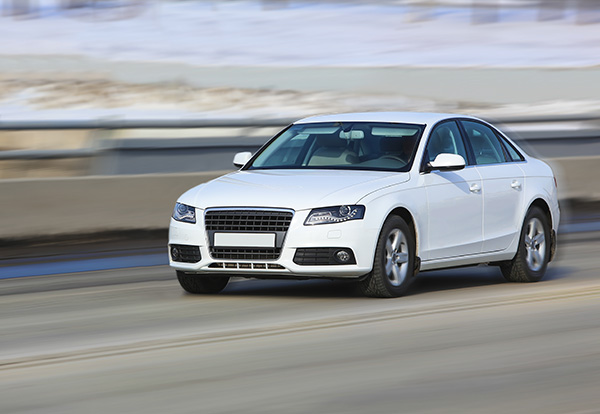
If you’ve ever wondered why Audi and Volkswagen seem to have so much in common under the hood, you’re not alone. These two automakers share more than just a German heritage—they also share a significant number of parts, platforms, and engines. But why? Is it simply to cut costs, or is there a more strategic reason behind it?
1. The Volkswagen Group Umbrella
The first thing to know is that both Audi and Volkswagen are part of the Volkswagen Group, one of the largest automobile manufacturers in the world. The Volkswagen Group owns a range of brands, including Audi, Porsche, Lamborghini, Bentley, and more. Given the number of brands under its umbrella, it makes sense for Volkswagen to standardize parts and platforms where possible.
This shared approach allows the company to streamline production and reduce costs, benefiting all brands involved. However, Audi and Volkswagen have developed a particularly close relationship over the years, which is why their cars share so much DNA.
2. Cost-Efficiency Through Shared Platforms and Engines
One of the primary reasons Audi and Volkswagen share parts and engines is cost efficiency. Developing new engines, platforms, or other components from scratch is expensive and time-consuming. By sharing these resources across brands, the Volkswagen Group can distribute development costs more widely, making production more cost-effective.
For example, both Audi and Volkswagen use the MQB platform, a modular architecture that supports various models across both brands. This allows engineers to build multiple vehicles—ranging from compact cars to SUVs—using the same basic structure. The result is a wide variety of models without the need for individual platforms, reducing costs without sacrificing quality or innovation.
This modular system is also used for engines. Audi and Volkswagen share engines across different models, which means you could find the same turbocharged four-cylinder engine in both an Audi A3 and a Volkswagen Golf. This approach helps reduce development time, ensures high reliability, and allows for mass production at a lower cost.
3. Streamlined Production and Manufacturing
In addition to cost savings, sharing parts and platforms simplifies the production process. Car manufacturers operate on tight schedules, and the ability to use the same parts across different models means faster production times and more efficient use of resources. Instead of manufacturing entirely separate parts for Audi and Volkswagen, the shared components can be made in bulk, cutting down on production delays.
Furthermore, with shared platforms, it’s easier for the Volkswagen Group to maintain consistency in quality control. Since the parts are used across several models, they are often tested more thoroughly, ensuring high performance and longevity. For example, Volkswagen’s turbocharged engines have been refined and used across Audi models, ensuring better performance across the board.
4. Differentiation Between Audi and Volkswagen
Even though the two brands share many parts, Audi and Volkswagen cars are far from identical. Audi is marketed as a premium brand, often offering more advanced features, higher-quality interiors, and sportier performance than its Volkswagen counterparts.
Audi models may use the same basic engine or platform as a Volkswagen model, but they often receive more powerful versions of the engines, enhanced driving dynamics, and a more luxurious finish. This is part of Volkswagen Group’s brand differentiation strategy. By offering varying levels of performance, comfort, and technology, the company can cater to different customer segments while still using shared resources.
For example, the Volkswagen Golf and the Audi A3 both use the same MQB platform and offer similar engine options. However, the Audi A3 is positioned as a more luxurious option with higher-end materials, technology packages, and tuning to appeal to buyers seeking a premium experience.
5. Innovation and Technology Sharing
Sharing parts and platforms also extends to technology. Audi is known for pioneering new tech, like its Quattro all-wheel-drive system and advanced infotainment interfaces, but these technologies eventually trickle down to Volkswagen models. This allows Volkswagen buyers to enjoy cutting-edge technology that’s been developed and tested by Audi.
Likewise, innovations in Volkswagen models sometimes make their way into Audi cars. For example, Volkswagen’s emphasis on developing fuel-efficient, small-displacement engines has had a significant impact on Audi’s engine lineup. Audi’s use of Volkswagen’s smaller, more efficient engines helps meet stricter emissions standards while still delivering strong performance.
Not sure if your Audi or Volkswagen needs a service check? At Bimmer Motor Specialists, we specialize in maintaining the unique needs of your car. Let us help keep your German car running at its best!